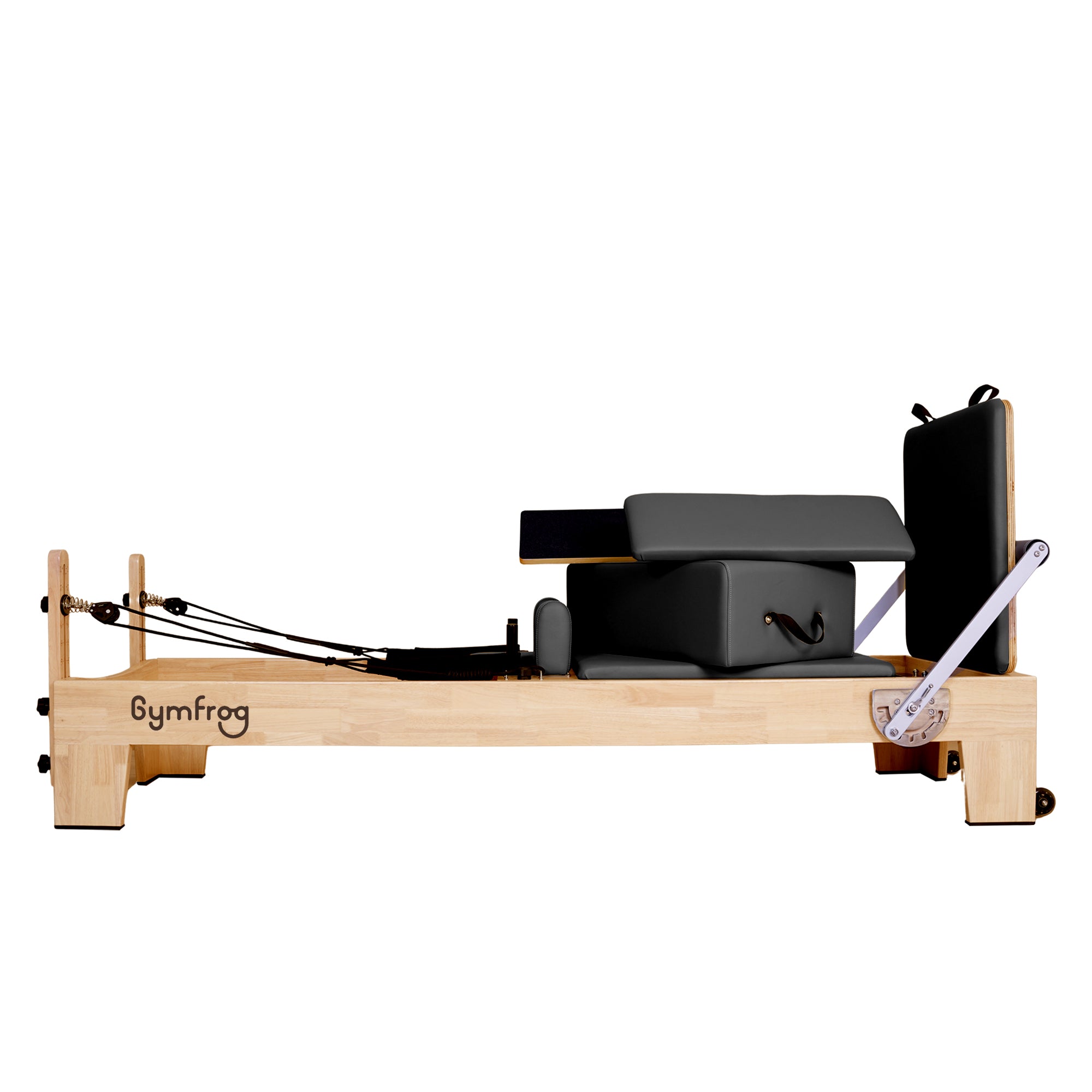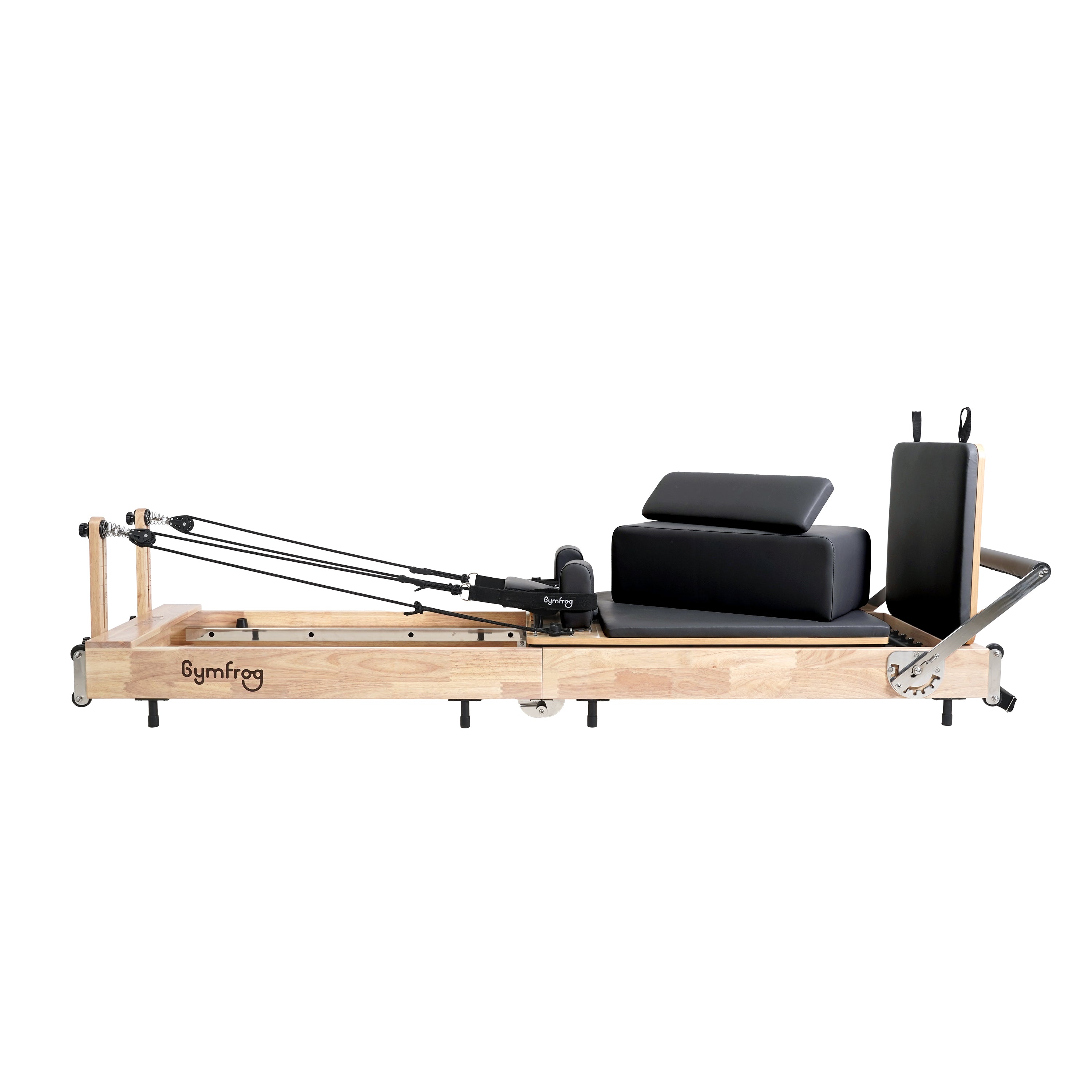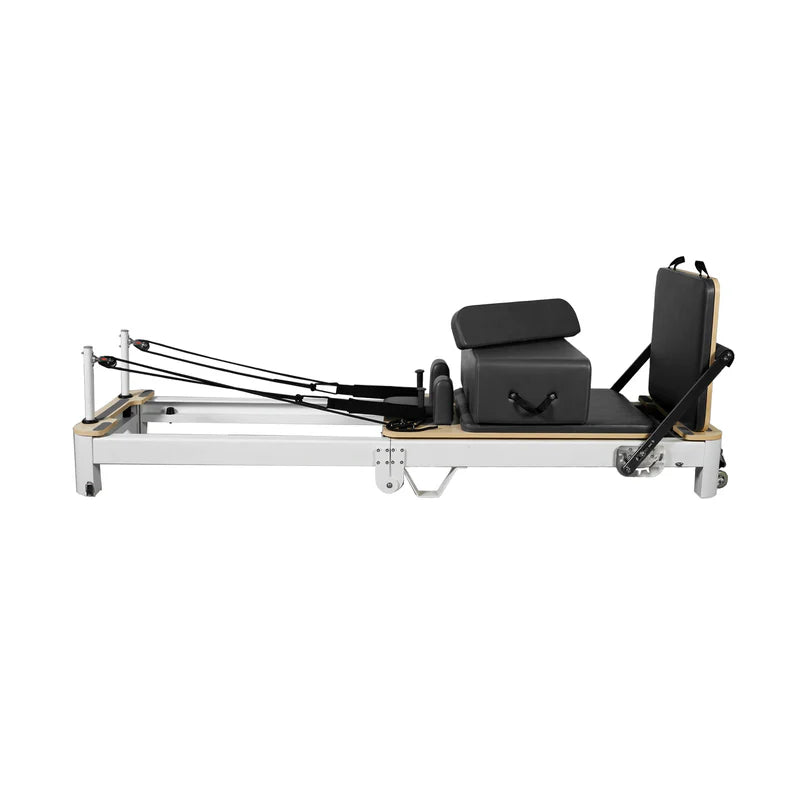The Benefits of Pilates for Pregnant and Postpartum Individuals

Pilates, known for its gentle yet effective approach to strengthening and toning the body, offers numerous benefits for pregnant and postpartum individuals. With its focus on core strength, flexibility, and pelvic floor health, Pilates provides a safe and supportive way for expectant and new mothers to maintain their fitness and prepare their bodies for the demands of pregnancy, childbirth, and motherhood.
During pregnancy, Pilates can be particularly beneficial for helping women adapt to the physical changes that occur in their bodies. As the abdomen expands and the center of gravity shifts, many women experience discomfort, back pain, and postural imbalances. Pilates exercises, which emphasize core stability and alignment, can help alleviate these symptoms by strengthening the deep abdominal muscles and improving posture. By maintaining proper alignment and muscle balance, pregnant women can reduce the risk of injury and discomfort as their bodies undergo significant changes.
Furthermore, Pilates focuses on pelvic floor health, making it an ideal form of exercise for pregnant women. The pelvic floor muscles play a crucial role in supporting the bladder, uterus, and bowel during pregnancy and childbirth. Pilates exercises, such as pelvic tilts, kegels, and pelvic floor lifts, help to strengthen and tone these muscles, reducing the risk of urinary incontinence and pelvic floor dysfunction both during pregnancy and after childbirth. By incorporating Pilates into their routine, expectant mothers can better prepare their bodies for labor and delivery while promoting optimal pelvic floor function.
Additionally, Pilates offers a low-impact and gentle form of exercise that is safe for pregnant women to practice throughout their pregnancy. Unlike high-impact activities that may place excessive strain on the joints and ligaments, Pilates exercises are designed to be performed with controlled movements and proper alignment, reducing the risk of injury. With modifications and adaptations tailored to each trimester, pregnant women can continue to engage in Pilates safely and comfortably, maintaining their fitness and well-being throughout their pregnancy.
After childbirth, Pilates can play a crucial role in helping new mothers recover and regain strength and mobility. The postpartum period brings its own set of physical challenges, including weakened abdominal muscles, pelvic floor dysfunction, and postural changes. Pilates exercises can address these issues by targeting the core muscles, pelvic floor, and back, helping to restore strength, stability, and alignment. By gradually reintroducing exercise in a safe and supportive environment, postpartum women can accelerate their recovery process and regain confidence in their bodies.
Furthermore, Pilates offers mental and emotional benefits that are especially valuable during pregnancy and the postpartum period. The mind-body connection cultivated through Pilates promotes relaxation, stress reduction, and mindfulness, helping expectant and new mothers navigate the physical and emotional challenges of pregnancy, childbirth, and motherhood. By taking time for themselves to focus on their physical and mental well-being, women can better cope with the demands of pregnancy and parenthood.
In conclusion, Pilates offers numerous benefits for pregnant and postpartum individuals, providing a safe and effective way to maintain fitness, prepare the body for childbirth, and promote recovery and healing after delivery. Whether practiced during pregnancy to support a healthy pregnancy and prepare for labor, or during the postpartum period to regain strength and mobility, Pilates offers a holistic approach to fitness and wellness that supports women throughout their journey to motherhood.


